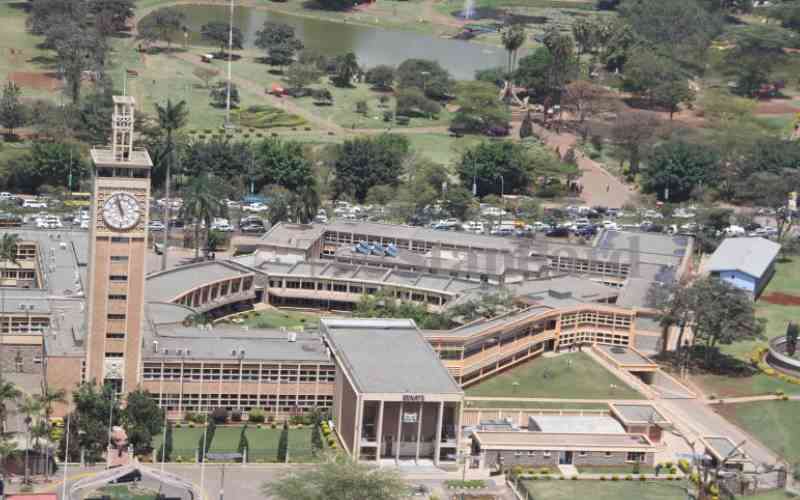×
The Standard e-Paper
Smart Minds Choose Us

Kenyan legislators and government officials have in the past few weeks come out with proclamations over Kenya's high public debt and the risk it poses to the country's economy.
Last week, President William Ruto said the government was seeking to hold the country's fiscal deficit at 5.7 per cent in the near term. This is an ambitious promise in the wake of depressed revenue collection and high debt and interest repayments that are currently falling due.